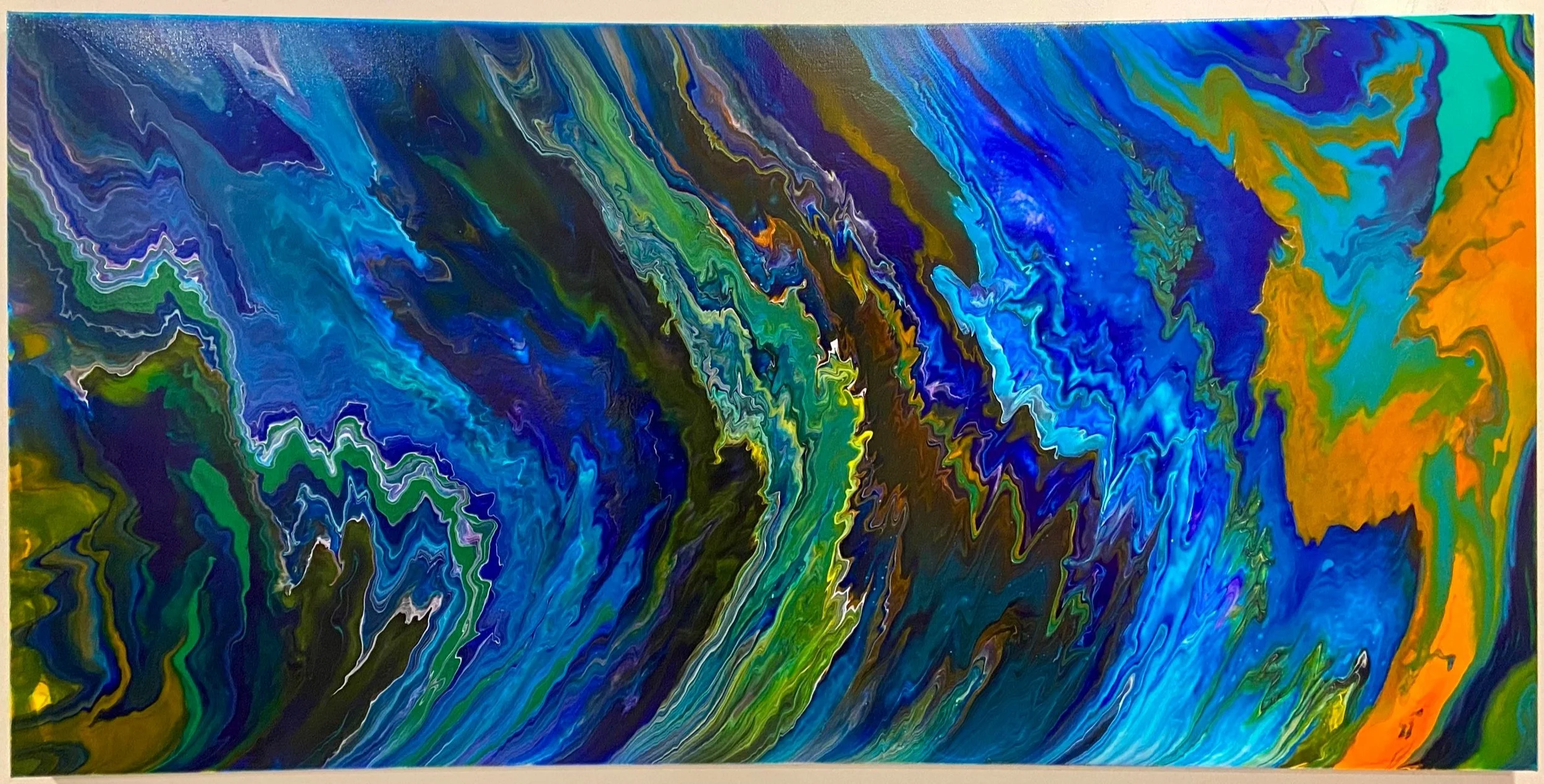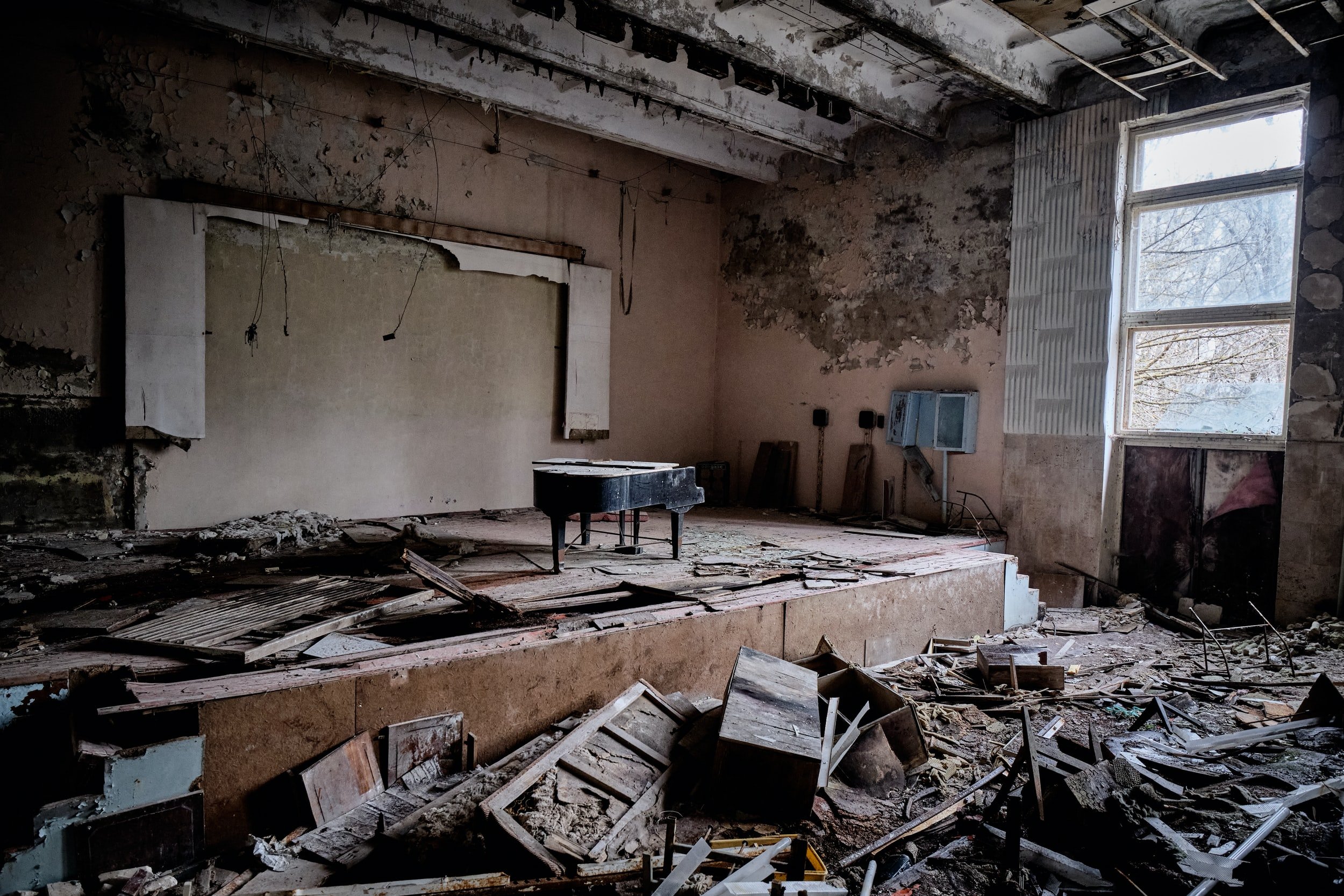2021 is a year when we need to get our focus back after a year of unimaginable challenges. With some resolve and luck, we hope to get back to some semblance of regular life by the fall, which also includes getting our thoughts, habits, and aspirations on track.
Here are some of my favorite sources of independent writing. You can read more about how I put together the list here. I’m always on the hunt for more interesting places to find great writing, so leave a comment or contact me if you have anything to recommend. Also check out my weekly newsletter for regular updates on what I’m writing about and reading.
———
Birchtree - I generally don’t follow that many tech blogs, but Matt Birchler’s take is an honest look at cool products and software you could use, and how it might fit into your workflow. Also check out his companion newsletter and YouTube channel.
cj chilvers - A long-running look at creativity, publishing, and time management from the author of A Lesser Photographer and The Van Halen Encyclopedia. This is one of my go-to blogs whenever I need inspiration on how to get my writing habit back on track or the best ways to structure a newsletter.
Collaborative Fund - This is a blog written by members of an investment firm that finds the intersection between “people trying to make as much money as possible, and people trying to make the world a better place.” Although you’ll find many articles touching on political and social issues, the CF writers always try to find the undercurrents behind the story to give you a deeper perspective.
Culture Study - Anne Helen Peterson looks for analysis and context to help understand the stories behind cultural trends. In particular, I like how she utilizes interviews to bring in multiple viewpoints of a situation.
Greg Morris - This is my favorite kind of blog: one that has no specified subject and a wide scope, but still meanders around a few key ideas. Greg's writing has been inspirational to me on my way back into regular blogging, particularly in his idea of how important it is to start creating material on the independent web and allowing the structure to follow organically. Also see Greg Thinks Things.
Maneetpaul Singh - Maneetpaul’s posts are short and to the point, with wisdom on creating consistent content, building followers, and crafting your online profile. Also check out his YouTube channel.
Marginal Revolution - Tyler Cowen and Alex Tabarrok are economists, but this is one of the broadest blogs you'll find about current events. A particularly like the way that Alex and Tyler talk about the stories behind current affairs without being overtly political. MR is a blog that makes you think.
Melanie Spanswick - Pianist, composer, teacher, blogger - Melanie does it all, and writes about it elegantly on her long-running blog. Serious pianists are going to find some exceptionally well-written articles about piano technique and pedagogy, both from Melanie and those she interviews.
The Middleclass Artist - The classical musical world is not what you think it is, and Zach with his team of writers uncover the hidden stories of sexual harassment, young artist program scams, weight bias, and systemic discrimination that plague the industry. One can only hope that leaders in the field take heed before it's too late.
mnmlscholar - JP is a teacher and researcher who shares his love of fountain pens and analog writing. What I enjoy here is that JP’s focus is not just on elegant writing instruments, but the process behind using them in his educational workflow. Down the rabbit hole we go…
Ness Labs - One of the most consistently fascinating blogs I've ever read, Ness Labs looks at neuroscience-based insights that you can put to use in your own life now. Anne-Laure Le Cunff's writing is the perfect balance of complexity and accessibility that speaks to a wide range of people. I'm a member of the Ness Labs community, a growing online gathering place for inquisitive minds .
Nicholas Bate - Short, succinct advice that gets to the point and helps you to put things into perspective. Over the years Nicholas' site has evolved into one of the best places to get fast and worthwhile information on how to structure your time and priorities. And it's still growing…
No Dead Guys - Rhonda Rizzo manages a dual life as pianist and writer, and her blog is packed with information on how to navigate the musical world from a grounded and resilient place. Also check out her novel The Waco Variations.
Rebecca Toh - Sometimes the most meaningful blog articles are fleeting ones. Rebecca's posts tend to be short, but have a lot of meaning to unpack in tangential but meaningful ways.
Rhoneisms - Patrick Rhone is another blogger that I’ve been following for over a decade, and his short articles and links emphasize compassion, mindfulness, and helping others in order to make the world a better place.
Sam Radford - Sam's writing is a new discovery to me, and some of the subjects he covers include gratitude, reading, the writing life, and the challenges of returning to normal after the pandemic. All of these are interspersed with a lot of excellent book recommendations along the way.
Sarah Avenir - Long, well thought-out essays are always a pleasure to read, and Sarah's articles, although infrequent, always provide lots of food for thought, especially on the subject of people-first growth.
Sharing is Caring - Sharing what you learn is at the heart of the independent web. Rika Sukenik's interests are varied, and her articles are just the right combination of personal anecdote, research, and calls to action. The footnotes in particular show the depth and diversity of Rika's interests.
Susan Eichhorn Young - In the artistic life, sometimes we need a pep talk to help us see the big picture. Susan's blog lights the fire to reframe things in just the right way and help us on our journey, "with fierceness and fondness”.
Wealest - Becoming successful is something that takes one step at a time, over a long time frame. Thomas Waschenfelder looks at the habits of Warren Buffett, Nassim Taleb, Naval Ravikant, and others in order to distill their habits in an easy-to-understand way. Wealest is also an excellent place to learn about focus, content creation, and marketing.
Yina Huang - If you're looking for insights that help you to lead a better life, I highly recommend Yina's writing. Recent subjects include journaling, digital detox, and quantifying your development. Yina also has a great sense of humor and artfully uses gifs throughout her articles to illustrate her points.
Thanks for reading! You can find my previous annual blog lists here:
- 2020
- 2019
- 2018









